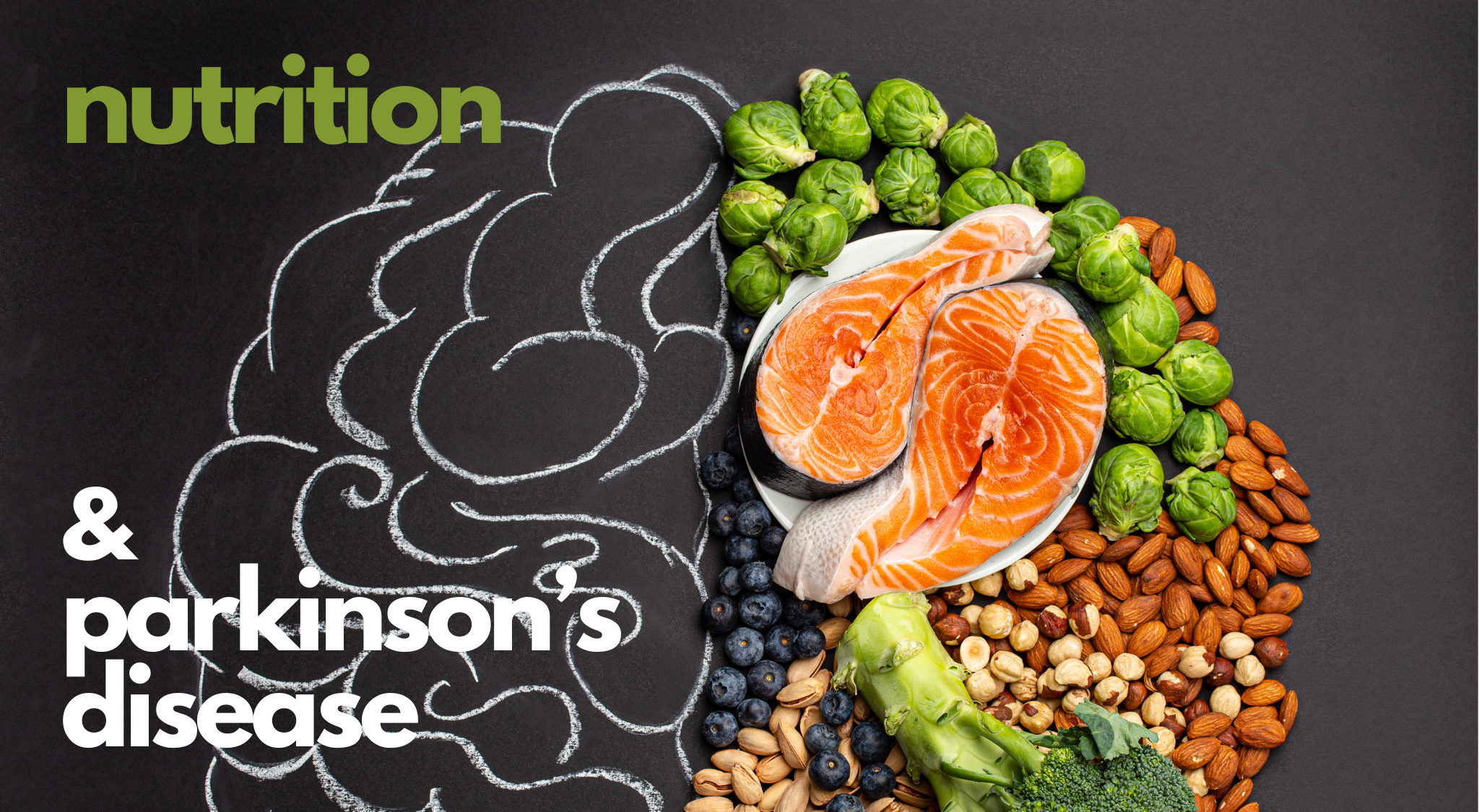From healthy eating to precision nutrition
How should I eat with Parkinson’s? Does nutrition make any difference? Are there supplements I can take to keep as healthy as possible with my diagnosis?
The fact that you’ve landed on this page suggests you may be asking questions like these and wondering what you can do to enhance your health alongside a Parkinson’s diagnosis. And you’re right to ask. Living with Parkinson’s can present unique challenges, but adopting a well-balanced and nutrient-rich diet can play a crucial role in managing symptoms, promoting overall health, and enhancing your quality of life. The answers start with a broad-based, general approach and progress to an ever-deepening, personalised journey.
General principles
First of all, there are some evidence-based principles that we can all follow for a healthier lifestyle, regardless of whether we have been diagnosed with a chronic disease. Looking deeper down the rabbit hole, we can add another level of tailoring for neurodegenerative disease. For example, there are specific foods and nutrients that research has shown may help protect neurons or encourage them to make dopamine. There are even some foods that have been found to cause neurons to regrow when taken over several months.
Key Nutrients for Parkinson’s Patients
- Antioxidants: Foods rich in antioxidants, such as berries, leafy greens, and colorful vegetables, can help combat oxidative stress, which is believed to contribute to the progression of Parkinson’s disease.
- Omega-3 Fatty Acids: Found in fatty fish, flaxseeds, and walnuts, omega-3 fatty acids have anti-inflammatory properties that may benefit individuals with Parkinson’s by supporting brain health. A pure, distilled fish oil supplement is a reliable way to increase omega-3 intake.
- Protein Management: Proper protein intake is essential for maintaining muscle mass, for helping the liver to detoxify the toxins we encounter every day, and for making neurotransmitters including dopamine. For those taking Parkinson’s medication, protein intake may need timing carefully.
- Vitamin D: Sunlight exposure and vitamin D-rich foods like fortified dairy products and fatty fish can contribute to bone health and potentially aid in managing Parkinson’s symptoms. For people in the UK, a supplement is recommended
- Hydration: Staying hydrated is essential, as dehydration can exacerbate symptoms like constipation and may impact the absorption of medications.
- Vitamins and minerals: Most of us no longer get all the vitamins and minerals we need to support our cells and neurons in their quadrillions of processes that they must perform every single second. Soils are depleted, livestock is factory farmed, and we are bombarded every day with chemicals and stressors that increase our need for essential nutrients. A high-grade multivitamin/mineral can be helpful as a starting point, although individual needs and genetics may have a bearing on the choice of products. Beyond a basic multivitamin, there are many specialised nutrients and nutrient extracts, medicinal mushrooms and herbal products that researchers have linked to improved brain health.
Taking it a step further
The ultimate goal, though, is to do exactly what’s right for you. It’s about precision nutrition from a functional medicine perspective. On the deepest level, this means taking a personalised, holistic approach based on your own genetics, biochemistry and microbiomes, as well as taking into account any toxins and pathogens that are impacting your health. As you explore these, a picture starts to form of the root causes of your symptoms. Instead of solely focusing on a Parkinson’s diagnosis, functional nutrition delves into the underlying factors that may have contributed to the disease’s manifestation, and are relevant to its progression. This approach recognizes that individual responses to nutrition can vary and aims to identify imbalances or deficiencies that may exacerbate symptoms. By exploring functional areas within the body, such as the microbiome and the gut-brain connection, inflammation levels, nutrient absorption and detoxification, functional nutrition seeks to address the root causes of Parkinson’s manifestations. While a Parkinson’s diagnosis provides a framework for understanding the condition, functional nutrition broadens the perspective, offering insights into personalised strategies that extend beyond conventional treatments.
Click here to read more about my Nutritional Therapy practice and how I work with you to address underlying imbalances and nutritional deficiencies.
